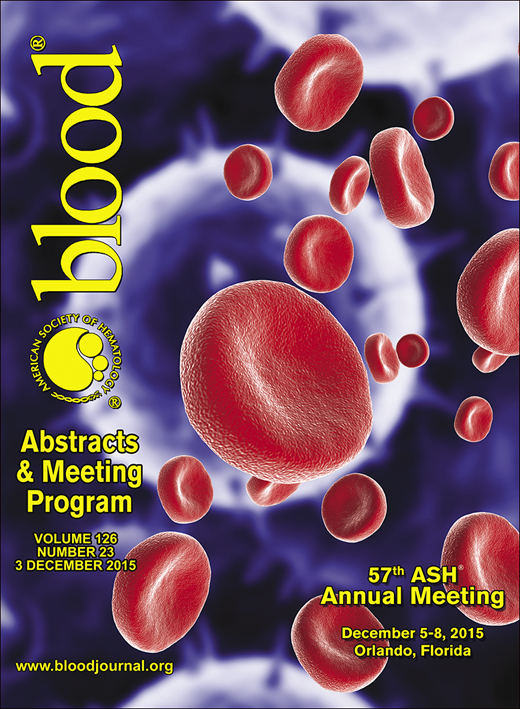Abstract
Despite significant efforts, the clinical mechanism of action of hypomethylating agents such as 5-azacytidine (5-aza) is still poorly understood. 5-aza is currently indicated for the treatment of patients with myelodysplastic syndrome (MDS). While 5-aza has achieved good single-agent activity in acute myeloid leukemia (AML), complete response rates remain low when used as a single agent. In a recent report aimed at identifying rational therapeutic combinations with 5-aza, Bogenberger and colleagues identified multiple BCL-2 family member/BH3-containing therapeutic targets, which synergize with 5-aza when inhibited genetically or pharmacologically. The CDK9 inhibitor, alvocidib, has achieved significant improvement in complete response rates of newly diagnosed AML patients when administered before cytarabine and mitoxantrone (FLAM regimen) in a randomized multi-center Phase 2 trial when compared to 7+3 standard of care treatment. Recent reports suggest that the transcriptional repression of key anti-apoptotic proteins (eg., MCL-1) mediated by alvocidib's CDK9 inhibition, drive the pro-apoptotic activity of alvocidib in the FLAM regimen. We, therefore, hypothesized that alvocidib and 5-aza would synergize therapeutically in the treatment of AML by means of transcriptional repression of MCL-1 and sensitization to 5-aza. In this report, we demonstrate that treatment of AML cell lines with alvocidib inhibits both mRNA and protein expression of MCL-1 in a time and concentration-dependent fashion. Pre-treatment of cells with alvocidib, to repress MCL-1 expression prior to 5-aza treatment, reduced the 5-aza cell viability EC50 more than 2.5-fold, from 1.8 µM to 0.6 µM in MV4-11 cells. The alvocidib/5-aza combination also resulted in synergistic increases in caspase activity relative to either single agent within the combination, at multiple dose levels. Therefore, following reports suggesting inhibition of BCL-2 family members including MCL-1, sensitizes cells to 5-aza, our data suggest that the alvocidib/5-aza combination may constitute a viable therapeutic regimen. We also conclude that a CDK9 inhibitor/5-aza combination may be an effective clinical approach for the treatment of AML.
Kim:Tolero Pharmaceuticals: Employment. Soh:Tolero Pharmaceuticals: Employment. Bearss:Tolero Pharmaceuticals: Employment. Lee:Tolero Pharmaceuticals: Employment. Peterson:Tolero Pharmaceuticals: Employment. Whatcott:Tolero Pharmaceuticals: Employment. Siddiqui-Jain:Tolero Pharmaceuticals: Employment. Weitman:Tolero Pharmaceuticals: Employment. Bearss:Tolero Pharmaceuticals: Employment. Warner:Tolero Pharmaceuticals: Employment.
Author notes
Asterisk with author names denotes non-ASH members.

